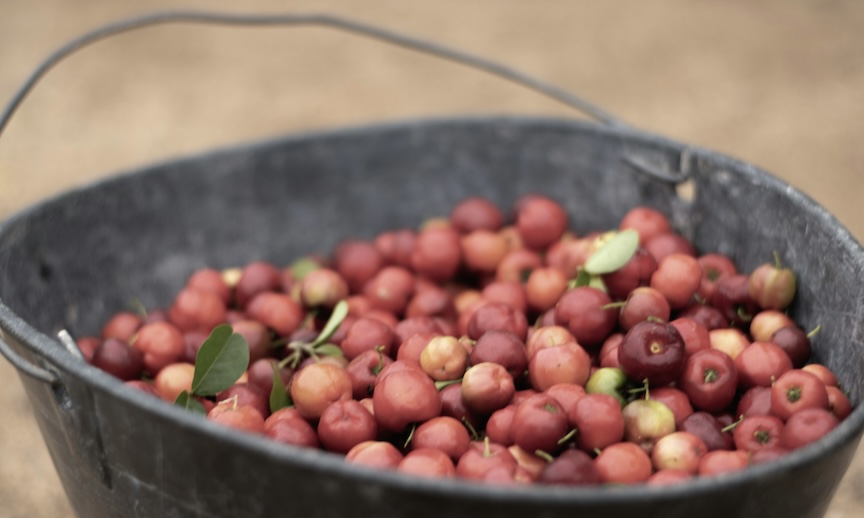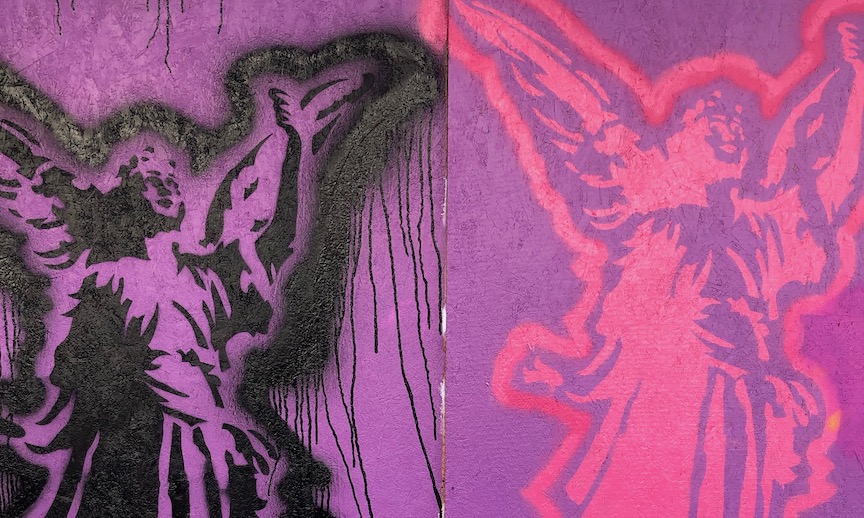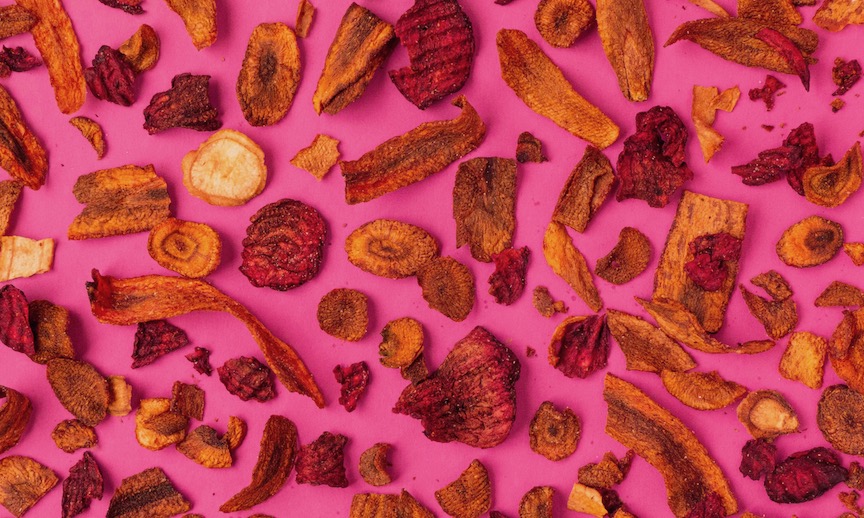MERCY BUCKETS
I’ve been vibing with the Prayer of St. Francis these past couple of weeks. I don’t like feeling knocked-down and kicked-about by circumstance, so rarely do I linger there long. I am trying to direct my emotional energy, as much as I can, into conscientious self-generation — affirming who I choose to be. And Francis of Assisi outlined this approach better than anybody:
Lord, make me an instrument of your peace:
where there is hatred, let me sow love;
where there is injury, pardon;
where there is doubt, faith;
where there is despair, hope;
where there is darkness, light;
where there is sadness, joy…
Last week, I worked on reclaiming hope as something unbound by conditions, an orientation of spirit, a matter of pure choice. My plan for the entire holiday season is to look for, find, and joyously celebrate the light that each of us is and that we can bring wherever there is darkness. This week is Thanksgiving, so I’m thinking about my practice of gratitude.
But Francis didn’t mention gratitude in his most famous prayer. He covered just about everything else. The poem continues with declarations of his capacity to be understanding, loving, consoling, giving, forgiving. But he never calls himself explicitly to be thankful. It seems like a bit of a missing, doesn’t it?
He could’ve added: Where there is disappointment, let me be thankful. Where we see lack, let me be the presence of gratitude.
Maybe he thought it went without saying, that gratitude was so fundamental that he didn’t need to spell it out.
I looked up the etymology of Thanks. (I’m kind of surprised that I’ve never done this before). I was interested to discover that it relates originally to the word “think.” The root sense of thank you was: “I think about you and what you have done for me.” To feel thankful is to remember the goodness of another.
Other languages have retained more of this connotation. Spanish gracias is related to “grace” — someone has been gracious or graceful, has graced us. Obrigado, in Portuguese, is something like “much obliged” — we’ve been done a favor, we’re indebted to another’s kindness. In French, merci is connected to the idea of “mercy” — someone with power has been merciful, has shown us benevolence, generosity, or pardon.
“Pardon” does make it into St. Francis’s prayer: Where there is injury, [let me be] pardon.
Huh. This seems to put us on the other side of the equation. Let me be the presence of mercy. Let me be gracious and benevolent. Let me be the one creating conditions in which others feel grateful. Let me be the one to whom others are inclined to say, “thank you.”
Of course, there’s nothing wrong with this — it feels great to be thanked, and it is empowering to know that we can be magnanimous and generous. But I’m wondering if there’s another layer to be plumbed by praying: Let me seek not so much to be thanked, but to be thankful.
One of Robert Frost’s late poems ended with: “Nothing can make injustice just but mercy.”
He offers that mercy is the antidote to injustice. Mercy interrupts the cycle of victimization, blame, and vindictiveness. Pardon and grace make harmony possible. It’s a call for empathy, compassion, thinking of another, thanks…
Perhaps both Frost and Francis are making the point that we can enter the exchange from either direction. The key is remembering our connection to each other. And taking responsibility for our participation in this togetherness. Being merciful and remembering the tender mercies that others demonstrate towards us every day. Being generous and recognizing the great generosity of everyone who shares their hearts and minds, their time and care. Being gracious towards others and grateful for others.
It works both ways. Maybe it only works both ways.
I can’t wait to be with you this Sunday, November 24, 10:00am at q-Staff Theatre. Welcoming special musical guest, flutist Bonnie Schmader. XO, Drew
©2024 Drew Groves




